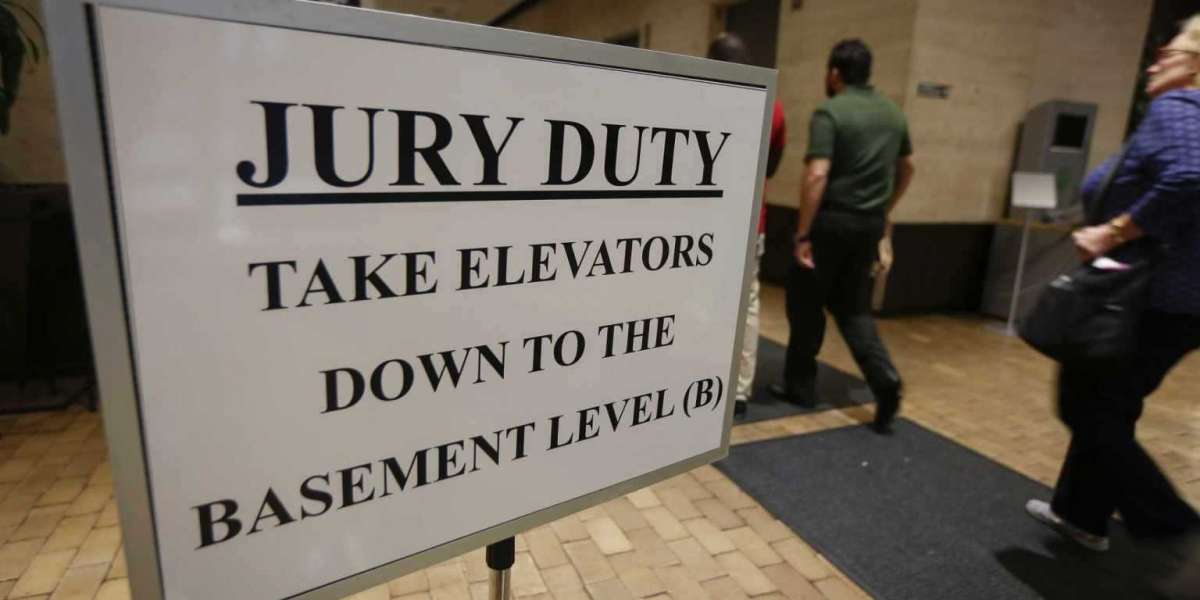Jury duty is an important responsibility that every eligible citizen may be called upon to perform at some point in life. Serving on a jury is a crucial part of the justice system, and vital in ensuring justice is served fairly and impartially. However, despite its importance, many people find the prospect of jury duty daunting and inconvenient. Some may even seek to avoid serving on a jury altogether. While there are valid reasons for being excused from jury duty, intentionally trying to get out of it can be unethical and detrimental to the justice system. In today's article, we will learn how to get out of jury duty.
How to Get Out of Jury Duty:
The legal system requires that a jury of one's peers determine the outcome of criminal and civil trials to uphold the principles of justice. Therefore, jury duty is vital to the justice system, and eligible citizens must serve when called upon. Serving on a jury varies by jurisdiction but generally requires that potential jurors be over 18 years old, are US citizens, and have no disqualifying convictions. Failure to a jury summons can result in legal consequences, such as fines or imprisonment. Additionally, potential jurors may be subject to voir dire, a process in which the prosecution and defense question them to determine their suitability for a particular case.
Reasons for Being Excused from Jury Duty:
While serving on a jury is a civic duty, there are certain circumstances in which an individual may be excused from serving. Common reasons for being excused from jury duty include medical conditions, caregiving responsibilities, work conflicts, and financial hardship. Additionally, individuals who have a personal connection to a case or have expressed a bias may be disqualified from serving on a jury. Jurors who experience an emergency or cannot attend court due to unforeseen circumstances may also be excused.
Tips for Getting Excused from Jury Duty:
While intentionally attempting to avoid jury duty without a valid reason is not ethical, there are several legitimate ways to increase one's chances of being excused. Dressing inappropriately, expressing strong opinions during voir dire, or appearing disinterested can lead to being disqualified from serving on a jury. Individuals with a conflict of interest or a personal relationship with the defendant or witnesses may also be excused.
Additionally, jurors who experience anxiety or have a mental health condition may be excused with a doctor's note. However, it's important to remember that dishonesty or intentional misrepresentation during jury selection is illegal and can have serious consequences.
Alternatives to Serving on a Jury:
One such alternative is jury nullification, which allows jurors to acquit a defendant if they believe the law is unjust. Another option is to become a court advocate, supporting victims and witnesses during court proceedings. Additionally, some jurisdictions allow individuals to defer their jury service to a later date or serve on a jury remotely.
Conclusion:
In conclusion, serving on a jury is a civic responsibility critical to ensuring justice's fair and impartial administration. While there are legitimate reasons for being excused from jury duty, intentionally attempting to avoid serving without a valid reason is unethical and can have legal consequences. Fulfilling civic responsibilities is an important part of being an active and engaged member of society, and serving on a jury is one way to fulfil that responsibility.



